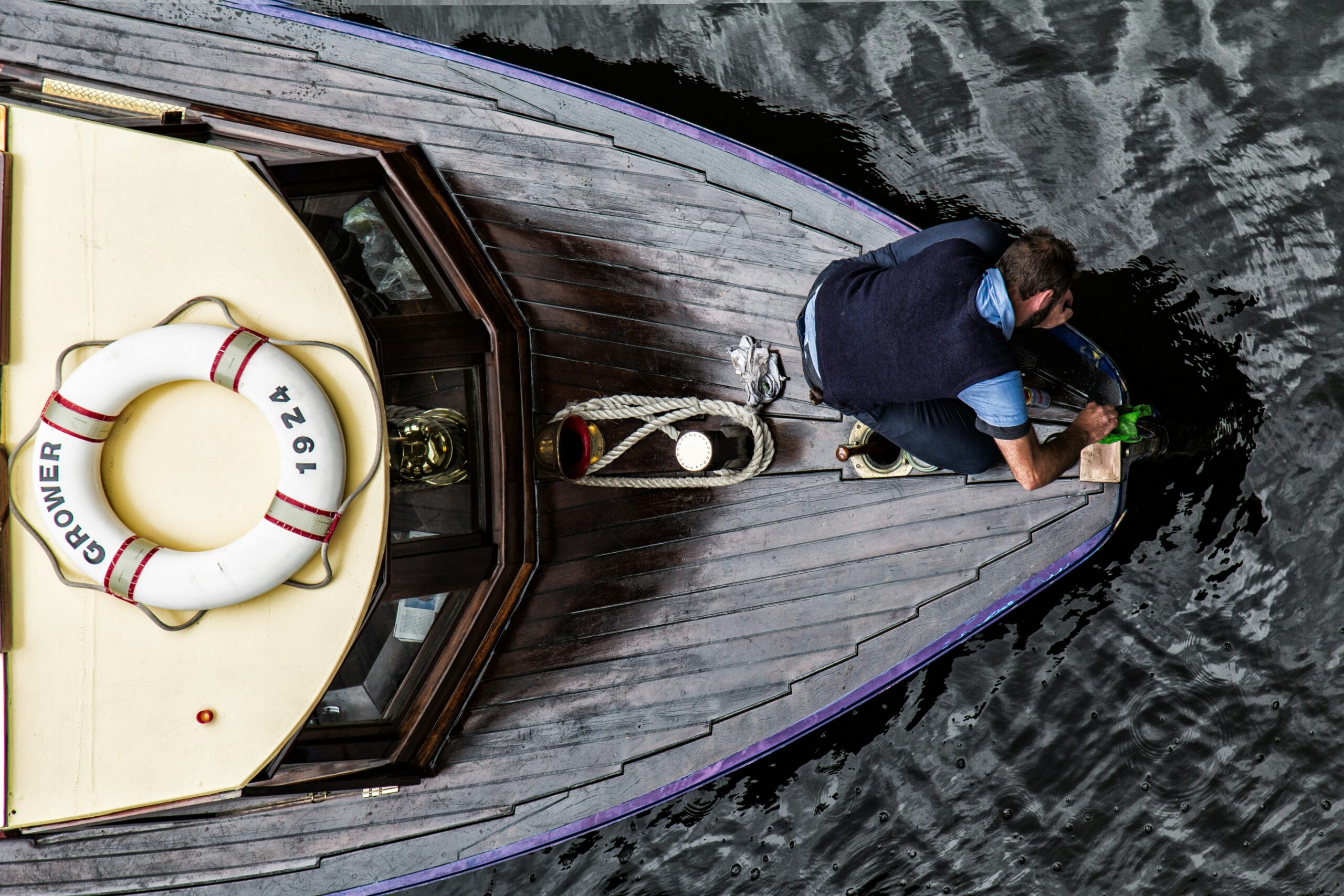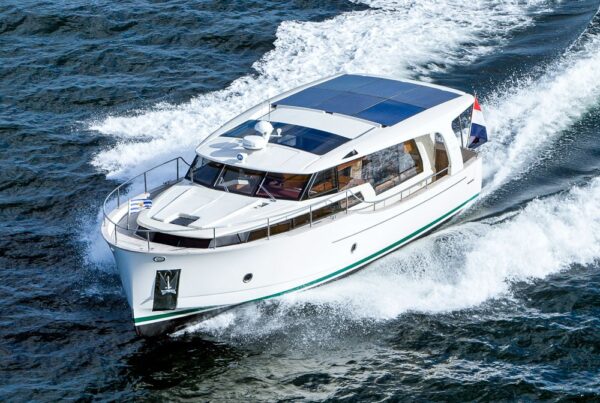Boat selling can be less cumbersome than buying a boat, there is a lot of nuance when it comes to selling your boat. Here is a quick breakdown of the process, how marketing and sales intersect, and the psychology of organization.
First, you need to decide to sell your boat. Once you do, and for whatever reason that is, you want to understand how much you could get for your boat. This can be hard to do for a private party, as previously sold boat pricing can be really hard to find. The best bet is to utilize existing marketplaces such as Yacht World, Boat Trader, and Yachtr.

Pricing your Boat
Start by typing in your make and model, and then search for boats within ideally 2-3 years of when yours was built. You may have to go up to 5 years in either direction depending on the number of boats that are currently for sale that are similar to your boat. From there, review the active listings and determine which listings are the closest condition, year, specs, as yours. Try to start with a range, and then narrow in until you have a price that you are comfortable with.
When it comes to pricing there are really two different ideologies with boat selling. The first is that you price high and negotiate later, over time. This becomes a game of chicken, against time, and how long you want to wait it out. On the other hand, you can provide a low to mid-range price that you are comfortable with and then negotiate less with buyers as you get offers in the door. We prefer the second methodology personally, but it’s up to you as a seller.
Picking How to Sell
So you have decided to sell, have your price, and now need to decide who (or if) to list your boat with. When it comes down to it, a brokerage should be a marketing firm for sellers, representing your boat as their product. Strong brokerages will do more than just take point and shoot photos of your boat and pop the listing on yacht world. They will focus on strong photography (you can tell the difference), having a clean interior space, and come up with specific strategies to test and try such as video, 3D tours, emails/newsletters, etc.

Organize your Boat and Paperwork
One note on organization. It is your responsibility as a seller to clean up your boat as the broker is getting ready to list your vessel. This is incredibly important!! Similar to real estate, would you like to walk into a home that is visually impaired? Even if you have the most pristine vessel in the world, but your personal objects or various tools and maintenance fluids are hanging around the boat, this creates a negative view for buyers. The psychology of organization really matters; remember, we are marketing here and are trying to let the buyer dream about what the boat would look and feel like in their lives.
The Role of Marketing
The second half of a broker’s boat selling job is to be effective when the marketing works. They need to number one, most importantly, respond to potential buyers in a quick and timely manner. Question what their timeline is to respond to new leads, as sadly there are a lot of brokers who take too long to respond, if ever to great potential buyers. Sales is 75% organization and project management, 15% being a good, trustworthy person and 10% understanding sales. Good salespeople who cannot stay organized and keep up when leads come in, will never be an effective and successful salesperson or broker. Part of what a broker needs to do well, is to educate a buyer on their journey and process of buying a boat. The broker should be working to make sure that each party understands the overall timeline to closing, next steps, and continuously pushing the transaction forward.
Once you have an Offer
Once you do have an offer on the table, in writing, you will have three days to respond to the offer. This is where you will discuss the offer(s) with your broker and determine if you will accept, negotiate, or decline the offer(s). Once you do accept an offer, then typically you will see that a buyer has three-ish weeks to accept the vessel. This is the time that they have to clear all contingencies on their offer (i.e. survey, mechanical survey, sea trial, financing, etc). If they do not clear these contingencies in time, or decide that they are not comfortable with moving forward for any reason, they can do so at any time BEFORE they accept the vessel.
Closing the Deal
Once they accept the vessel, they are saying that “I have done my due diligence on the boat and would like to move forward with closing on the boat.” Closing will typically take 1-2 weeks, but is dependent on both the buying and selling parties to be timely in filling out the paperwork that is provided. Remember that if the buyer is financing the boat, this could add some additional time as there is another party (i.e. the lender) involved with the deal and they require additional tasks from the buyer.

Closing can either happen with the broker or can happen with an external closing company. During this stage all registration information is finalized and then transferred. Typically while signing paperwork there is a notary that is required. You can either sign paperwork in an office with a notary, or have the potential to have it mailed and notarized separately, then mailing paperwork back to the closer. Title is then provided to the buyer when funds are available via an escrow account. You will get a closing document with all of the credits/debits for you as a seller, the buyer will get a similar document but for their side of the transaction. At the end of of the day, you will walk away boatless, trying to determine if the saying of the best days of having a boat is when you buy and sell, is really true or not.
Explore More
We encourage you to use Rabbet to connect with the rest of the boating community! Hop onto our Learn tab to find more articles like this. Join our various forums to discuss with boating enthusiasts like you. Create an account to get started.
Visit us on Pinterest to collect content and inspire others.
Visit our Sponsor, Rabbet Community, if you are interested in purchasing a boat.




